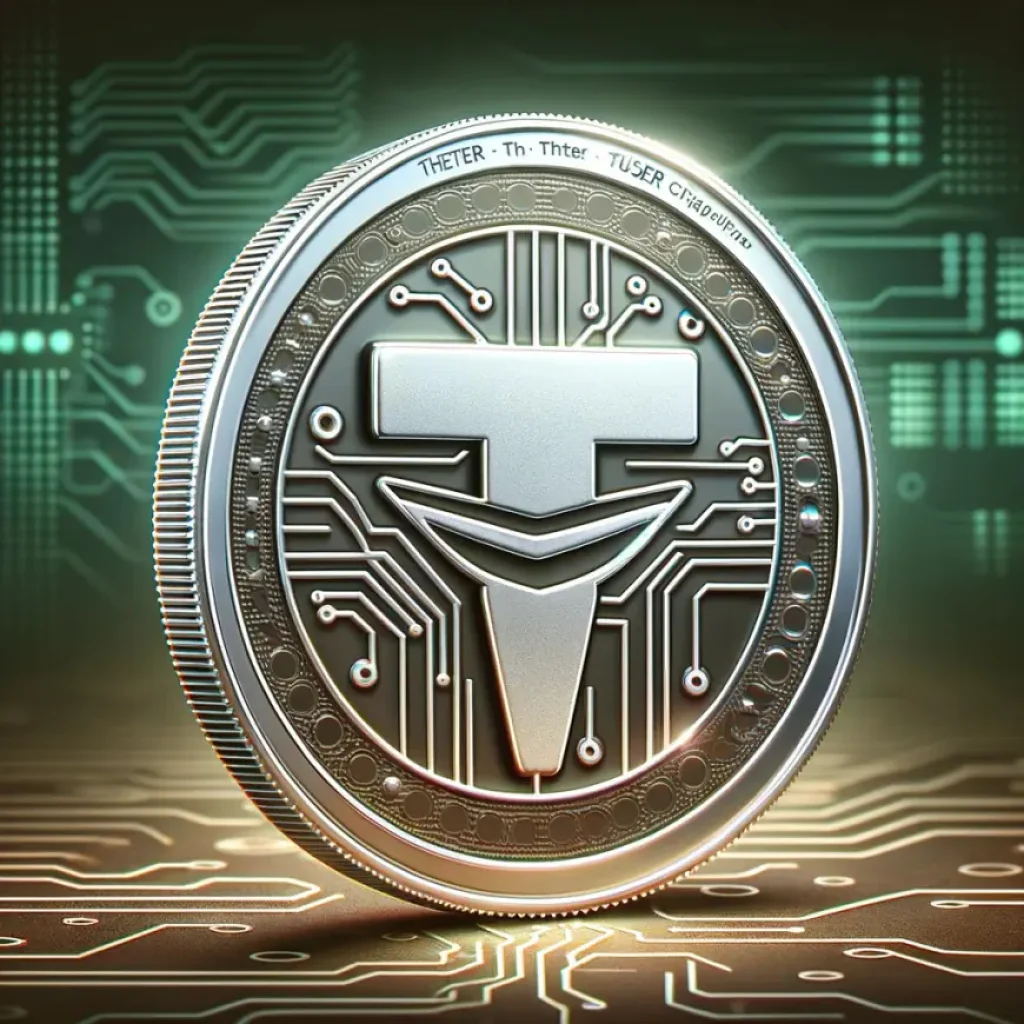Bitget Wallet, a non-custodial multi-chain crypto wallet, announced the unveiling of OmniConnect SDK. The Software Development Kit will create a platform for developers in the Telegram ecosystem to connect their mini-apps with over 500 blockchains. These blockchains include Solana, TON, and EVM-compatible chains.
Non-custodial wallet provider Bitget is set to launch the OmniConnect SDK for developers in the Telegram ecosystem. Bitget announced that the SDK will connect telegram mini-Apps to over 500 blockchains. The blockchain networks include Solana, Ton, and all EVM-compatible chains. The SDK will offer mini-Apps the ability to sign operations and execute transactions across multiple blockchain networks.
Bitget Wallet’s OmniConnect SDK to enable cross-chain functionality
Telegram-based mini-Apps were initially only connected to The Open Network (TON). However, the OmniConnect SDK will enhance their interoperability. Bitget Wallet disclosed in an official blog that OmniConnect’s innovation aligns with its broad vision to introduce a billion social platform users into Web3, as per the wallet provider’s Onchain Layer strategy.
Bitget Wallet sees the technological innovation as a strategic move that will transform Telegram into an established portal for Web3 applications. Bitget envisions the innovation will facilitate a smooth transition from traditional Web2 ecosystems to decentralized Web3 ecosystems.
Bitget Wallet’s Chief Operating Officer, Alvin Kan, said OmniConnect would bridge the gap between the TON network and other public blockchains.
“Previously, Telegram mini-Apps could only interact with the TON network, making it difficult to engage with other public chains. Bitget Wallet’s OmniConnect aims to bridge this gap, enabling seamless multi-chain interaction via Bitget Wallet.”
-Alvin Kan
The executive said the innovation will allow devs and ecosystems to cooperate in building a “more open” Web3 environment on the Telegram ecosystem.
The wallet provider also mentioned in the blog that the OmniConnect SDK will soon extend outside Telegram mini-Apps. Bitget Wallets intends to serve browser plugins, Web/H5 interfaces, and mobile applications in the future.
The crypto community pushes for multichain solutions
Cross-chain functionality has been a significant challenge for decentralized protocols and platforms for a long time. The multichain features have become a focal point of innovation and a topic of discussion among Web3 users.
Ethereum co-founder Vitalik Buterin brought to light possible answers to interoperability challenges in the Ethereum ecosystem. Vitalik highlighted that the solutions will surprise many blockchain enthusiasts. Vitalik envisioned a smooth user experience across the entire Ethereum-verse, including L1, rollups, validiums, and side chains, as a result of the imminent solutions.
I think people will be surprised by how quickly "cross-L2 interoperability problems" stop being problems and we get a smooth user experience across the entire ethereum-verse (incl L1, rollups, validiums, even sidechains). I'm seeing lots of energy and will to make this happen.
— vitalik.eth (@VitalikButerin) August 5, 2024
Coinbase co-founder and CEO Brian Armstrong sent a reply to Vitalik Buterin. The executive mentioned that interoperability solutions are vital when solving UX issues such as bridging and L2 fragmentation on ETH for mainstream adoption. Armstrong also assured Vitalik that his team would offer any assistance in solving the challenges.
On 18th September, 1inch Network unveiled a feature dubbed “Fusion+” that facilitates cross-chain swaps and simultaneously retains the users’ self-custody on their digital assets. 1inch Network’s blog reveals that the Fusion+ feature will capitalize on atomic swap technology that will ensure if a swap fails, the funds redirect back to the owner.




